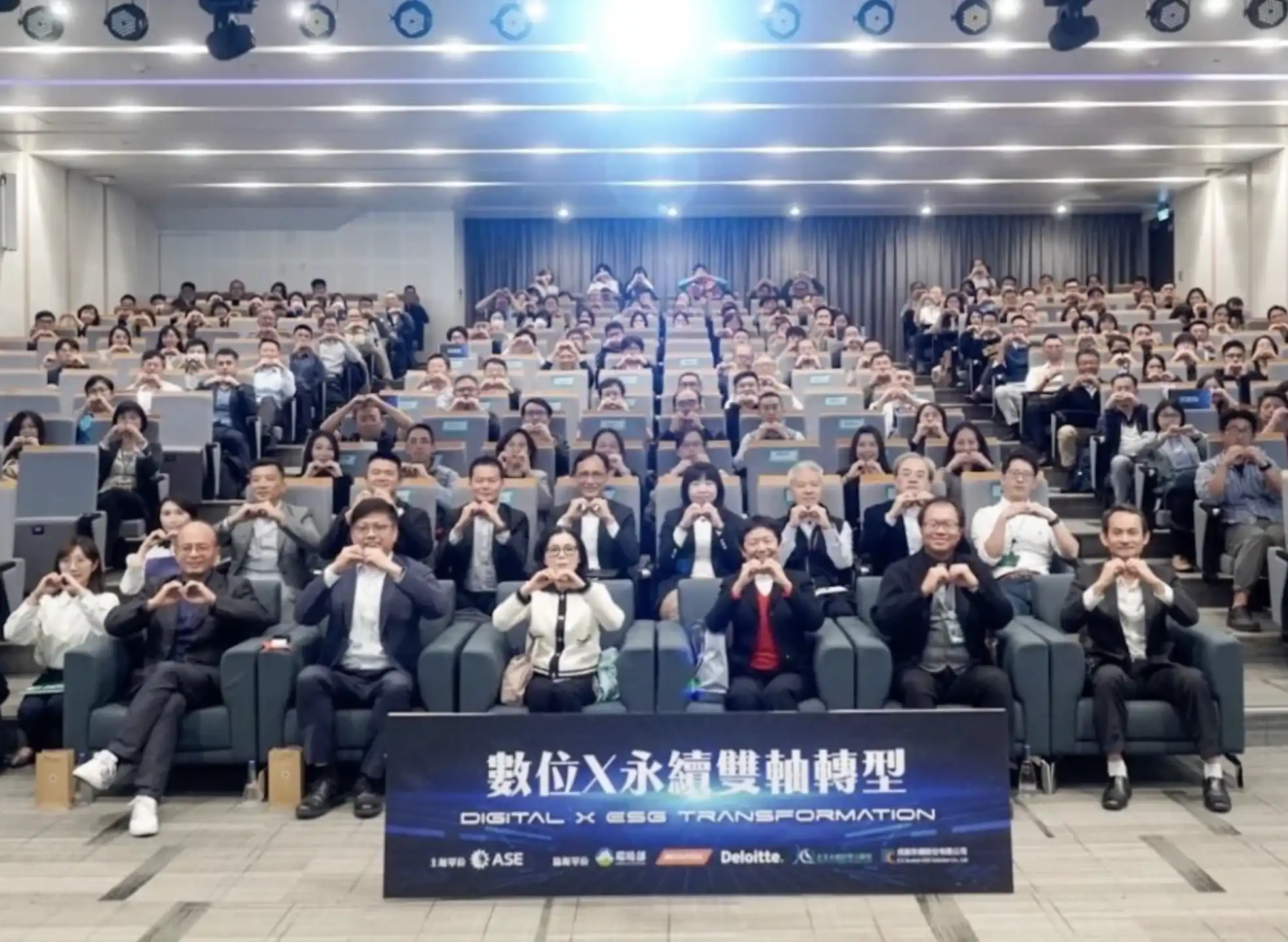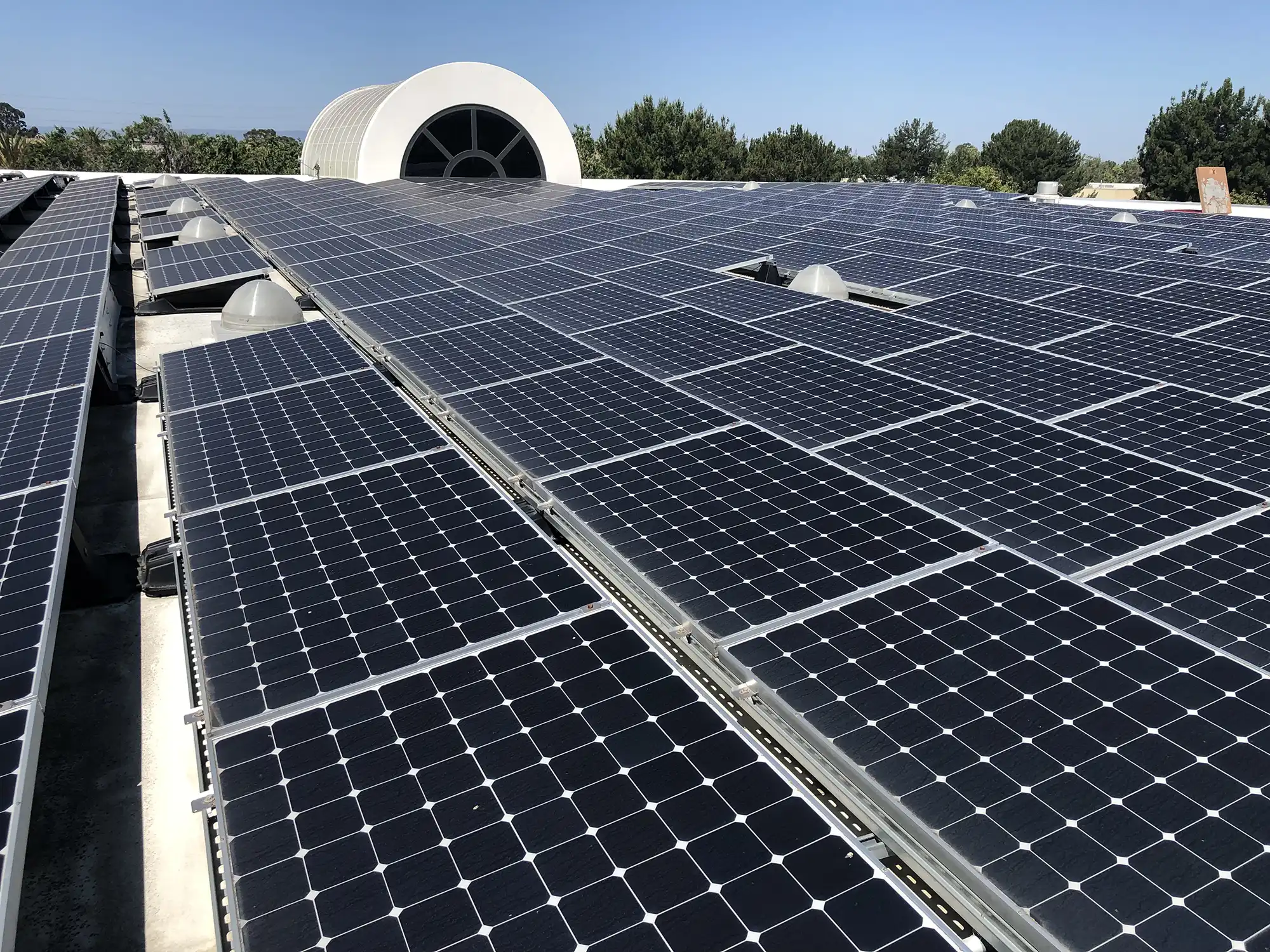Sustainable Supply Chain Management
ASEH is committed to partnering with our worldwide suppliers to ensure the provision of a safe work environment, respect for workers, environmental protection, and ethical conduct, and actively applied to sustainability management in the supply chain.
Supplier Sustainability Management Approach
As part of the ASEH Procurement and SupplyChain Development Policy and Commitment, we established a four-stage sustainability supply management process that is run repeatedly to ensure supplier compliance and enhance their sustainability performance. We have also established a series of supplier programs that aim to guide, and help build up our suppliers’ ESG capabilities, so as to create a more sustainable supply chain together. We have also formulated mechanisms to closely monitor ESG performance for rewarding or disengaging with suppliers.


Sustainability Assessment
ASEH is committed to continuously improving the sustainability and resilience of its supply chain. We incorporate ESG indicators into the evaluation of key raw materials and critical suppliers, accounting for 10%. ESG indicators are integral factors influencing our selection in addition to quality, cost, delivery time, and technology. We drive our suppliers diligently to adopt sustainable practices through proactive management strategies. Suppliers with the best ESG performance are recognized at our annual supplier day, and invited to share their expertise in sustainability development with other suppliers at the annual supplier forum. Outstanding suppliers also receive priority in our procurement selection policy.
Building Low-Carbon Supply Chain
As we race towards net-zero, enhancing the integrity of carbon emissions data and targeted reduction measures across the supply chain are key approaches to our supply chain decarbonization. Our strategy comprises 5 key pillars: establishing low-carbon strategies, enhancing carbon data transparency, driving low-carbon supply chain transformation, implementing low-carbon transportation solutions, and building a low-carbon supply chain.


Sustainable Supply Chain Development Program
We have formulated a wide range of programs that provide suppliers a variety of resources and information, such as the annual sustainability forums, sustainability enhancement programs, and ESG workshops and educational training. These programs aim to drive stronger partnerships, allowing us to respond quickly to changing environments.

In 2024, USI hosted the Annual Sustainability Forum, bringing in a total number of 500 participants from suppliers.
USI: Communicate USI Corporation’s requirements for supplier sustainability risk management、Promote USI Corporation’s green products、Conflict minerals policy and management requirements、Sustainable raw material requirement、Sharing ESG Experiences by Suppliers、Featured Topic - Net Zero and the Challenges of Scope 3 Emissions across the Supply Chain

Carbon Reduction and Water Conservation Guidance Project
To reduce the waste of resources and enhance green sustainability awareness, since 2021, ASE Kaohsiung has provided support to suppliers in reducing GHG and water resource consumption and, at the same time, established a 3% reduction target for both GHG and water resources. In 2024, a total of 61 critical suppliers committed to this endeavor and worked with ASE to set reduction targets and action plans. In 2024, we successfully reduced GHG emissions by 840,226 tons of CO2e across our supply chain, equivalent to a 3.04% annual reduction, and reduced water consumption by 4,875,629 tons, equivalent to 3.38% annual water saving. Both reduction outcomes exceeded our established target of 3% for 2024.
Information Security Evaluation and Management
As a response to the increasing digitalization of the supply chain and cybersecurity threats, we established a supplier information security evaluation system in 2022 to ensure supply chain resilience. Evaluation of key suppliers are conducted in four steps: current status assessment, improvement support, results confirmation, and cyclical review. In 2024, we completed cybersecurity evaluations for 96 equipment suppliers, identifying their cyber risks and weaknesses. A support team, formed by our subsidiaries, provides prioritized improvement suggestions and conducts follow-up site visits the following year to track the improvement results. This comprehensive supply chain cybersecurity management ensures the operational safety of ASEH and enhances the overall cybersecurity resilience of the supply chain.

Supplier ESG Academy
ASE – Kaohsiung
Target: Raw material supplier, Equipment supplier
In 2024, ASE Kaohsiung launched the Supplier ESG Academy and established an online learning platform to support supplier ESG development. The platform offers a series of video-based courses aligned with international sustainability trends, enabling suppliers to access training at any time and from anywhere, with the flexibility to revisit content as needed. To ensure structured learning, our ESG project team has developed a customized curriculum of 10 ESG courses, organized into 3 levels: foundational, intermediate, and advanced. Suppliers are required to complete a minimum of 3 hours of ESG training annually. The platform also tracks supplier learning progress, allowing us to provide timely support and enhance supplier sustainability capabilities.
ESG Workshops – Sustainable Supply Chain Transformation Program
ASE – Kaohsiung
Target: Raw material supplier, Equipment supplier
Knowledge sharing of global net-zero trends
Sharing practical techniques for greenhouse gas and product carbon footprint inventory
Sharing of SBTi, renewable energy, and supply chain net-zero best practices
Regular Educational Training
ASE – Kaohsiung, Chungli, ASE Shanghai (Material), Wuxi, and Korea
USI
Target: Raw material supplier, Facility and Waste management contractor, Recruitment agency and service contractor
Corporate sustainability requirements
Promote health and safety, food safety, and environmental health and safety policies
Disseminate knowledge on fire management, fire rescue, and fire emergency response mechanism
Hazard identification
Waste management carbon inventory




